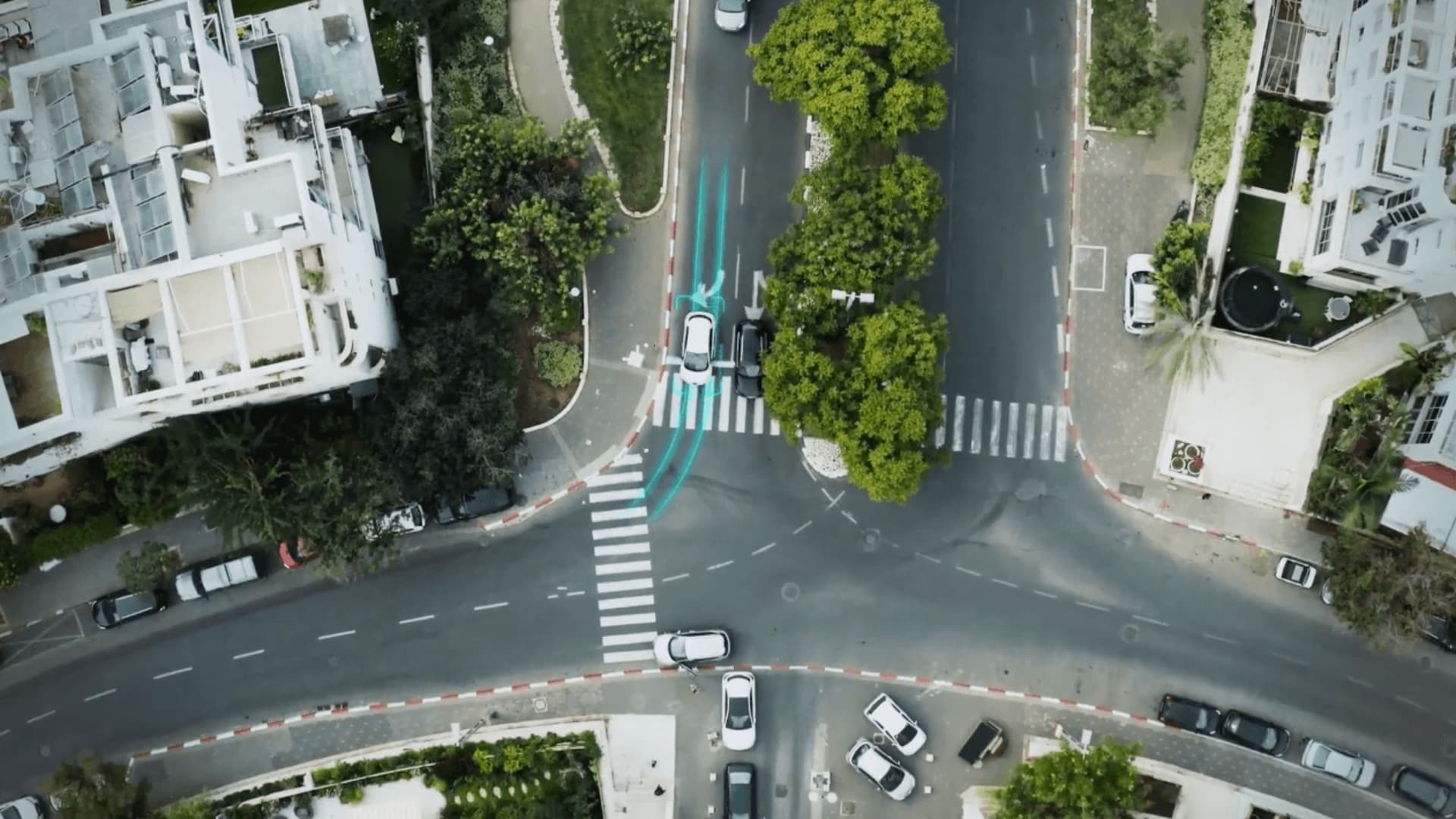Electric vehicles are taking up an increasing percentage of the overall auto market share every year — rising from 4% in 2020 to 14% last year. Among the holdouts, a lack of charging infrastructure seems to be one of consumers’ most common reasons for not switching from gas to electric vehicles.
But now, electric road projects are appearing across the world as a potential solution to supplement static charging, allowing EV drivers to wirelessly charge their cars while they drive.
“This is really an approach that can charge vehicles in any type of shape, meaning vehicles that are both buses or vans or passenger cars or trucks — but it can also charge a vehicle while either driving or while standing still,” Stefan Tongur, VP of U.S. business development at Electreon, told CNBC.
Israel-based Electreon is one wireless EV charging provider with many pilot projects and case studies in operation in Sweden, Norway and Italy, among others. One project in Sweden, which connects the airport to the town of Visby, cost about $10.5 million and was almost entirely financed by the Swedish Transport Administration.
Electreon is also taking part in the first electric road project in the U.S. in Detroit, which is expected to be constructed within the next year.
“We really are looking hard within this pilot project to look at the different use cases that are out there,” Michele Mueller, senior project manager of connected and automated vehicles at the Michigan Department of Transportation, told CNBC. “There are use cases for freight, transit, but then also passenger vehicles.”
Electric roads could prove to be most useful for public transportation and fleet vehicles, which often drive on the same repetitive routes. Wireless charging roads at bus stops, for example, could give a bus enough charge to last throughout the day.
“We don’t view 100% of roads being electrified, but we definitely see this technology being viable… financially and also essential in rural areas where we might not have a lot of charging stations or we have what we call charging deserts,” Nadia Gkritza, professor of civil and biological engineering at Purdue University, said.
Watch the video for the full story.

